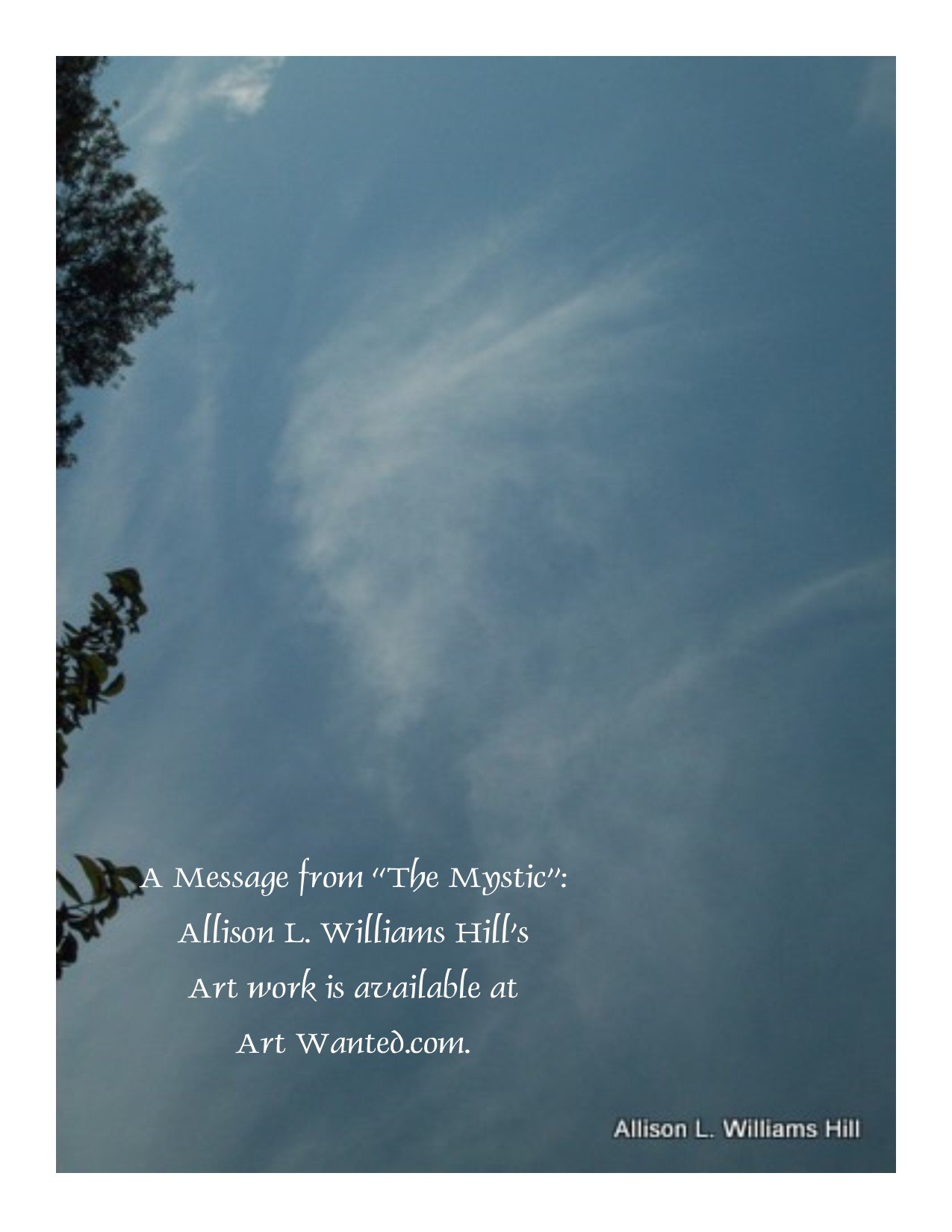Pictures

ictures...yeah, sure...you know what everybody says. But in this day and age, they can be manipulated. So pictures can say a thousand words, but sometimes not the ones for which they were originally created.
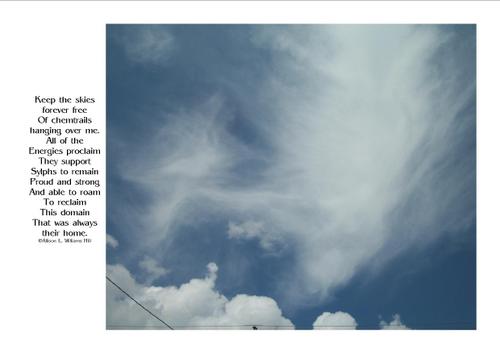
Sylph poster by Allison L. Williams Hill
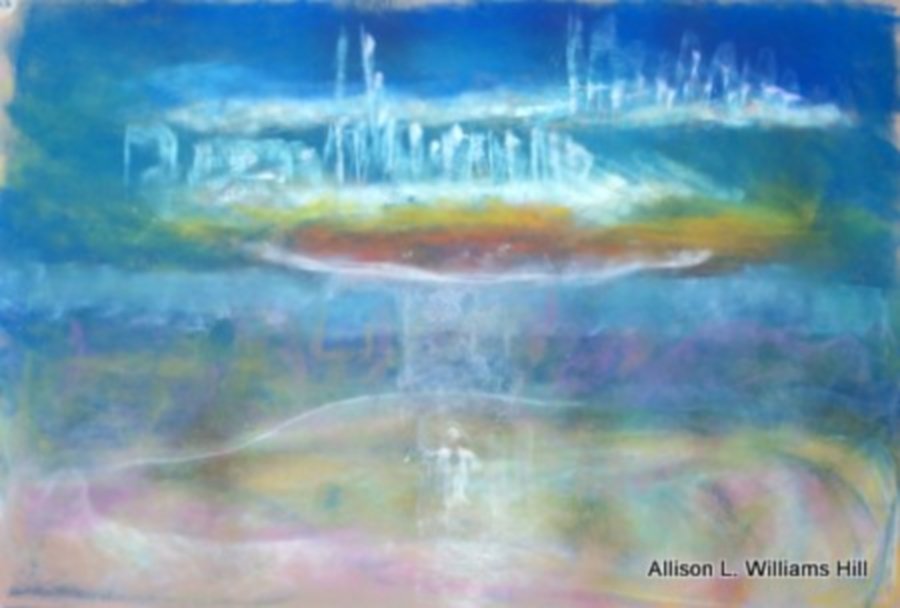
Rainbow Bridge by Allison L. Williams Hill
Pictures from The Hidden Side of Things by C.W. Leadbeater
Effects of Pictures in the Home
A matter in which a man has usually much greater liberty is the decoration of his room, and it is one of considerable importance to him. For example, the pictures which we hang on the walls of our homes are exercising all the while an unnoticed influence upon us, not only because they keep the expression of certain ideas constantly before our eyes, but also because the artist puts a great deal of himself, of his inmost thought and feeling, into his work, and the effect of all that thought and feeling inheres in the picture and radiates from it just as surely as scent inheres in and radiates from a rose. There is a hidden side to every picture-- the conception which was in the artist' s mind and heart. That conception, when he formed it, expressed itself clearly in astral and mental matter, even though he may have succeeded but partially in bringing his idea down to the physical world.

Roots by Allison L. Williams Hill
Every true artist will acknowledge that, however excellent his work may be, it invariably falls short of what he intended and expected. Yet the conception, as he thought it out, exists really and vividly in the mental world, and the feelings and emotions which he endeavoured to express exist in the astral realm, and these, which we may call the unseen counterparts of the picture, are always radiating vibrations of their own character, whatever that may be, and are therefore producing a never-ceasing effect upon those who live within their influence.
Manifestly, therefore, it behooves us to be careful as to the nature of the objects of art which we gather around us. We must avoid all pictures whose subjects are mean, sordid or terrible, however accurately or powerfully those subjects may be delineated. It is well also to avoid even those which, though harmless in themselves, are likely to suggest impure thought to undeveloped minds, because such thought-forms will hang about the picture and act as a constant and baneful influence. The modern craze for inane representations of the female face and figure is from this point of view distinctly to be deprecated. So also is that form of artistic realism which sees only the darkest side of life, and recognises nothing as natural unless it be decadent and depraved.

Cane Garden Bay Mangroves by Allison L. Williams Hill
Pictures of sordid scenes of low life, of peasants drinking in an ale-house, of battle scenes or of huntsmen gathered together to slaughter an unfortunate fox: all these will be avoided by the wise man. He will be careful to surround himself only with such pictures as are ennobling, soothing, helpful, those which shed upon him and his an influence tending ever to happiness and peace. Beautiful landscapes and sea-views are usually best of all; pictures also of grand old cathedrals-- magnificent buildings with peaceful associations; sometimes a portrait or imaginary figure, if the face be really a fine one, but never under any circumstances one which suggests sorrow, anger or pain.
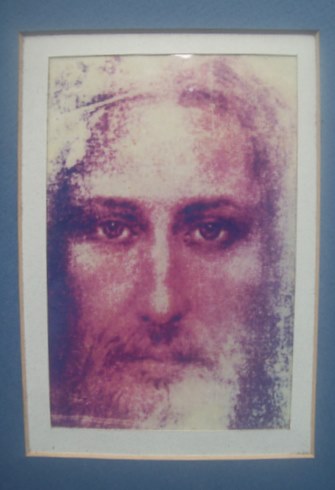
Image of The One Who Cares
Religious Pictures
In religious pictures, for example, the crucifixion, and the garden of Gethsemane must never appear, but the risen and radiant Christ or a reasonably attractive presentment of the Virgin and Child are admissible. In the same way with statues; only those should find a place which are of exquisite beauty, in connection with which there could never be the least thought of impurity. A man should think not only of himself, but of servants and possible visitors. No decent person could have thoughts other than the purest in connection with any picture or statue whatever; but if such a thing hangs or stands where others may see it, it is useless to ignore the fact that low-class minds will form low-class images, and so an object which to us is noble and beautiful may come to radiate abominable influences.
Care must be exercised with regard to photographs. Private friends are of course admissible, or a public man whom one admires; but on no account should the figures of actresses be introduced, as they always attract the most undesirable thought-forms from hosts of impure-minded people. A praiseworthy custom is to have in a prominent position the best available portrait of the ruler of the country, and to surround it constantly with waves of affectionate and loyal thought, for in this way it will radiate an influence of loyalty and devotion upon all who enter the room.
Links
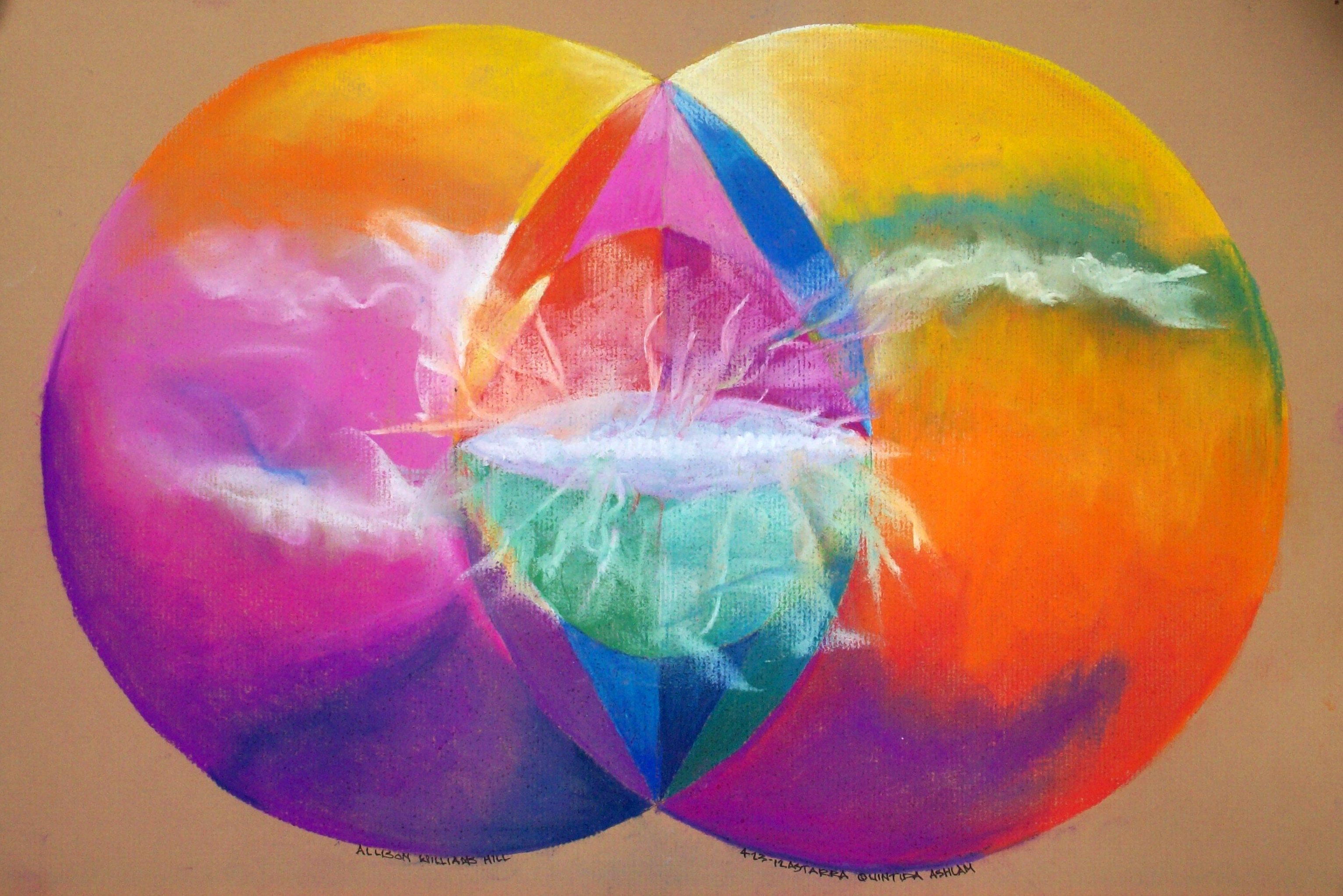
The above meditation mandala will be available soon.
